Home>Articles>How Long Is Cooked Meat Good For In The Freezer
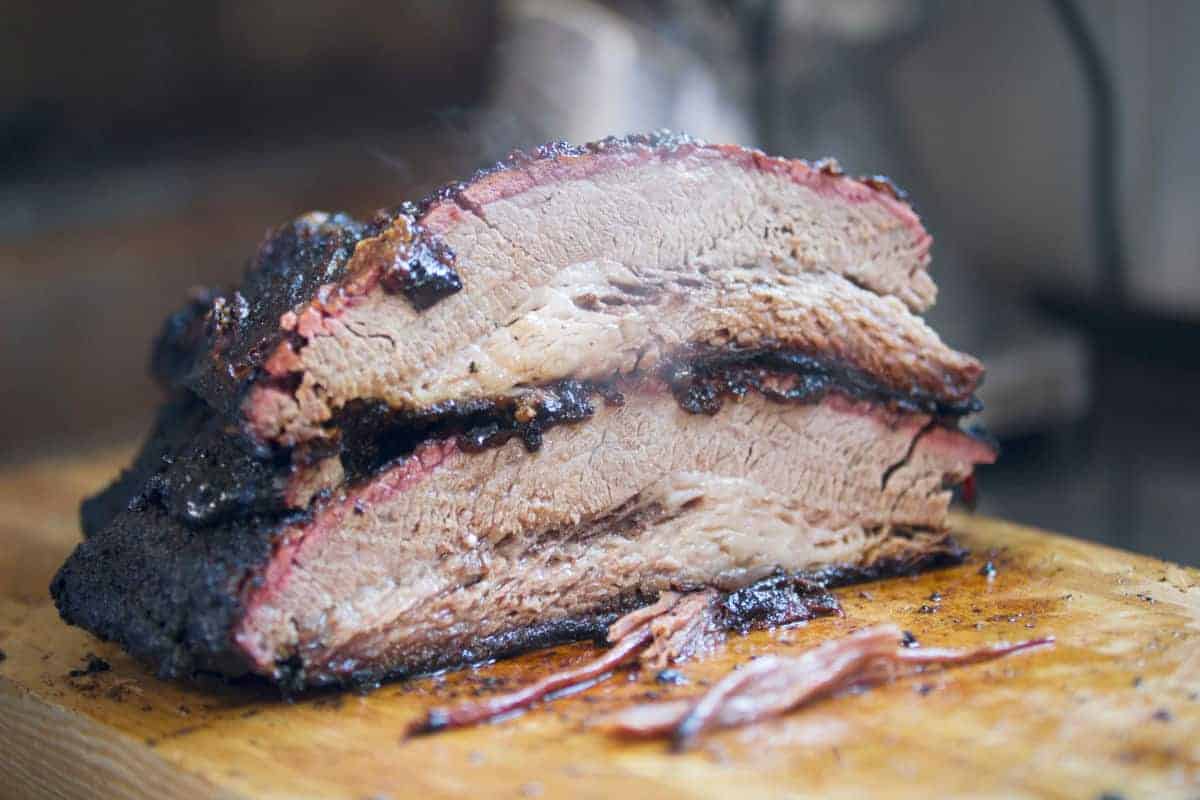

Articles
How Long Is Cooked Meat Good For In The Freezer
Modified: October 20, 2024
Discover how long cooked meat stays good in the freezer. Read our informative articles to find out the optimal storage time for frozen meats.
(Many of the links in this article redirect to a specific reviewed product. Your purchase of these products through affiliate links helps to generate commission for Storables.com, at no extra cost. Learn more)
Introduction
Cooking meat is a common practice to ensure it is safe to consume and to enhance its flavors. However, there are times when we cook more meat than we can immediately consume. In such situations, freezing the cooked meat becomes a convenient option to preserve it for later use.
Freezing cooked meat can help extend its shelf life, allowing you to enjoy it at a later time without the risk of spoilage or foodborne illness. But how long can cooked meat actually be kept in the freezer? Are there any factors that affect its shelf life? In this article, we will explore the answers to these questions and provide tips on properly freezing and using cooked meat.
Understanding the factors that affect the shelf life of cooked meat in the freezer is crucial in ensuring food safety and quality. The length of time cooked meat can be stored in the freezer depends on various factors such as the type of meat, its condition before freezing, and the storage temperature.
The type of meat plays a significant role in determining its freezer storage time. Different types of meat, such as beef, poultry, pork, and seafood, have varying freezing and storage characteristics. It is important to consider these factors to maintain the best quality and taste of the stored meat.
The condition of the meat before freezing also affects its shelf life. For example, meat that has been properly cooked, cooled, and stored in airtight containers or freezer bags will have a longer freezer life compared to meat that has been left at room temperature for an extended period of time before freezing.
The storage temperature is another crucial factor in preserving the quality of frozen cooked meat. The freezer temperature should be set at or below 0 degrees Fahrenheit (-18 degrees Celsius) to inhibit bacterial growth and maintain the texture and taste of the meat.
Now that we understand the factors affecting the shelf life of cooked meat in the freezer, it is important to know the recommended storage times for different types of meat. Properly following these guidelines will help ensure the meat remains safe and palatable for consumption.
Key Takeaways:
- Properly freezing and storing cooked meat in the freezer is essential for maintaining its quality and safety. Factors such as type of meat, packaging, and storage temperature play a crucial role in preserving flavor and texture.
- Following recommended freezer storage times and safety guidelines for consuming frozen cooked meat is vital to minimize the risk of foodborne illness. Proper thawing, handling, and monitoring for spoilage ensure delicious and safe meals.
Read more: How Long Is Soup Good In The Freezer
Factors Affecting the Shelf Life of Cooked Meat in the Freezer
The shelf life of cooked meat in the freezer can be influenced by various factors. Understanding these factors is crucial in determining how long you can store the meat before it starts to deteriorate in quality. Here are some key factors that affect the shelf life of cooked meat in the freezer:
1. Type of Meat: Different types of meat have varying freezing and storage characteristics. For example, beef and pork generally have a longer freezer life compared to poultry and seafood. This is because poultry and seafood are more susceptible to texture and flavor changes when frozen for an extended period of time. It is important to consider the specific type of meat when determining its freezer storage time.
2. Quality of Meat Before Freezing: The quality of the meat before freezing plays a significant role in determining its shelf life. It is important to start with fresh, high-quality meat that has been properly handled and cooked. Meat that has been left at room temperature for too long or has not been cooked to the appropriate internal temperature may already have bacteria present, which can affect its storage life in the freezer.
3. Proper Packaging: The way cooked meat is packaged before freezing also affects its shelf life. Proper packaging helps to prevent freezer burn and maintain the quality of the meat. Be sure to use airtight containers or freezer bags to minimize contact with air and moisture, which can cause freezer burn or lead to the development of off-flavors.
4. Storage Temperature: The temperature of the freezer plays a crucial role in preserving the quality of frozen cooked meat. It is essential to set the freezer temperature at or below 0 degrees Fahrenheit (-18 degrees Celsius). This low temperature inhibits bacterial growth and helps maintain the texture, flavor, and nutritional value of the meat.
5. Length of Freezing: The length of time that the cooked meat is frozen can impact its quality. While freezing helps to preserve the meat, it does not stop the natural processes of deterioration entirely. Over time, the quality of the meat may decline, with potential changes in texture, flavor, and overall taste. It is recommended to consume the frozen cooked meat within a reasonable timeframe to enjoy its best quality.
By considering these factors and utilizing proper freezing and storage techniques, you can extend the shelf life of cooked meat in the freezer and ensure that it remains safe for consumption. In the next section, we will discuss the recommended freezer storage times for different types of cooked meat.
Recommended Freezer Storage Times for Different Types of Cooked Meat
Properly storing cooked meat in the freezer is essential to maintain its quality and ensure it remains safe for consumption. While the shelf life of cooked meat can vary depending on factors such as type, condition, and storage temperature, there are general guidelines for how long different types of cooked meat can be safely stored in the freezer. Here are the recommended freezer storage times for various types of cooked meat:
1. Beef: Cooked beef, such as steak or roast, can be stored in the freezer for 2 to 3 months. Ground beef, on the other hand, has a slightly shorter freezer life of 3 to 4 months. It is important to note that these timeframes are for optimal quality, and the meat may still be safe to eat beyond these limits if properly stored and handled.
2. Poultry: Cooked poultry, including chicken and turkey, can be stored in the freezer for 4 to 6 months. This includes whole cooked birds, as well as individual parts such as breasts, thighs, or drumsticks. It is recommended to remove the skin from the poultry before freezing to prevent excessive moisture loss during storage.
3. Pork: Cooked pork, such as chops, roasts, or pulled pork, can be safely stored in the freezer for 2 to 3 months. Ground pork has a similar freezer life of 2 to 3 months. Proper packaging is essential to maintain the quality and prevent freezer burn.
4. Seafood: Cooked seafood, such as fish fillets, shrimp, or scallops, can be stored in the freezer for 2 to 3 months. It is important to freeze seafood in airtight containers or freezer bags to maintain its texture and flavor.
5. Leftover Dishes: Cooked meat that is part of a leftover dish, such as casseroles or stews, can generally be stored in the freezer for 2 to 3 months. However, it is important to ensure that all ingredients in the dish are safe for freezing and do not affect the overall quality of the meat.
These recommended storage times serve as a guideline for maintaining the best quality of cooked meat in the freezer. It is important to label the packages with the date of freezing to keep track of how long the meat has been stored. Additionally, always use your best judgment and check for any signs of spoilage or freezer burn before consuming the frozen cooked meat.
In the next section, we will discuss tips for properly freezing cooked meat to ensure its longevity and quality.
Tips for Properly Freezing Cooked Meat
Properly freezing cooked meat is essential to maintain its quality and ensure its safety for consumption. By following these tips, you can maximize the shelf life of cooked meat in the freezer:
1. Cool the Meat: Before freezing, allow the cooked meat to cool completely. Putting hot or warm meat directly into the freezer can raise the temperature inside the freezer and potentially compromise the quality of other items.
2. Divide into Portion Sizes: Consider dividing the cooked meat into smaller portions before freezing. This makes it easier to thaw only the amount needed for a meal, reducing waste and preventing unnecessary re-freezing.
3. Choose Suitable Packaging: Use airtight containers or heavy-duty freezer bags for packaging cooked meat. Ensure they are specifically designed for freezer use to prevent air and moisture from entering and causing freezer burn.
4. Remove Excess Air: When using freezer bags, remove as much air as possible before sealing them. Excess air can lead to freezer burn and diminish the quality of the meat over time. You can use the water displacement method by partially submerging the bag in water and sealing it, allowing the water pressure to push out the air.
5. Label and Date: Properly label each package with the name of the meat, date of cooking, and freezer storage date. This helps you keep track of the freshness of the meat and ensures you consume it within the recommended storage time.
6. Freeze at Optimal Temperature: Set your freezer temperature at or below 0 degrees Fahrenheit (-18 degrees Celsius). A lower temperature helps maintain the texture, flavor, and quality of the meat.
7. Organize and Rotate: Arrange the frozen cooked meat in an organized manner, with the oldest packages towards the front for easy access. Practice first-in, first-out (FIFO) rotation to ensure you use the oldest packages before the newer ones.
8. Avoid Overstocking: Do not overload the freezer with too much meat at once. Overcrowding the freezer can hinder airflow and lead to uneven freezing, resulting in lower quality.
9. Keep Freezer Clean and Defrost Regularly: Maintain a clean freezer environment to prevent unpleasant odors and cross-contamination. Regularly defrost your freezer according to the manufacturer’s guidelines to ensure optimal performance.
10. Do Not Refreeze Thawed Meat: Once you have thawed the cooked meat, do not refreeze it unless it has been cooked again. Refreezing can lead to a decrease in quality and increase the risk of foodborne illness.
By following these tips, you can ensure the longevity and quality of cooked meat in the freezer. In the next section, we will discuss how to properly thaw and use frozen cooked meat.
Cooked meat can be safely stored in the freezer for 2-6 months. To maintain quality, wrap the meat tightly in plastic wrap or aluminum foil before placing it in an airtight container or freezer bag. Be sure to label the package with the date it was frozen.
How to Properly Thaw and Use Frozen Cooked Meat
Thawing frozen cooked meat properly is essential to maintain its texture, flavor, and safety. Here are some guidelines on how to thaw and use frozen cooked meat:
1. Refrigerator Thawing: The safest method for thawing frozen cooked meat is to place it in the refrigerator. Simply transfer the frozen meat from the freezer to a plate or bowl and let it thaw slowly in the refrigerator. This method can take several hours or even overnight, depending on the size and thickness of the meat.
2. Cold Water Thawing: If you need to thaw the cooked meat more quickly, you can use the cold water thawing method. Place the frozen meat in a leak-proof plastic bag and submerge it in cold water. Change the water every 30 minutes to ensure it stays cold. Remember to never use hot water, as it can promote bacterial growth.
3. Microwave Thawing: If you’re in a hurry, you can use the microwave to thaw the cooked meat. Follow the microwave’s defrosting instructions and make sure to rotate and flip the meat regularly to ensure even thawing. Be cautious as microwaves can partially cook the meat, so it’s crucial to cook it immediately after thawing.
4. Proper Handling: After thawing the cooked meat, handle it with clean hands and separate it from any raw meats or other potential sources of contamination. Prevent cross-contamination by cleaning all utensils, cutting boards, and surfaces that came into contact with the frozen meat.
5. Cook Immediately: Once the cooked meat is fully thawed, it is recommended to cook it immediately. This ensures the safety of the meat and eliminates the risk of bacterial growth.
6. Cooking Methods: Use the appropriate cooking method for the specific type of meat you are thawing. You can grill, pan-sear, bake, or reheat the cooked meat to your desired doneness. Be sure to follow proper cooking temperatures and times for the specific type of meat to ensure it is fully cooked and safe to eat.
7. Storage of Thawed Cooked Meat: If you have thawed more cooked meat than needed, it is important to store the leftovers properly. Place the cooked meat in an airtight container in the refrigerator and consume it within 2 to 3 days to maintain its quality and freshness.
Remember, it is not safe to refreeze thawed cooked meat unless you have cooked it again. This can lead to a higher risk of bacterial growth and compromise the quality of the meat.
By following these guidelines, you can safely thaw and use frozen cooked meat while preserving its flavor and quality. In the next section, we will discuss the signs of spoiled cooked meat to watch out for when dealing with stored frozen meat.
Read more: How Long Are Tamales Good In The Freezer
Signs of Spoiled Cooked Meat
It is important to be able to identify the signs of spoiled cooked meat to ensure that the meat you are consuming is safe and of good quality. Here are some common signs that indicate cooked meat may have spoiled:
1. Off or Foul Odor: One of the first indicators of spoiled cooked meat is a strong, unpleasant odor. If the meat has a foul or rancid smell, it is best to discard it. Trust your sense of smell and if in doubt, it is always better to err on the side of caution.
2. Strange Texture: Spoiled cooked meat may have a slimy or sticky texture. It may feel overly soft or mushy. Any significant changes in texture from what the meat originally had are signs of spoilage.
3. Discoloration: Pay attention to any abnormal changes in color. Cooked meat that has turned grey, green, or developed dark spots or mold is likely spoiled and should not be consumed.
4. Unpleasant Taste: Spoiled cooked meat often has an unpleasant or off taste. If you detect any bitterness, sourness, or an overall unpleasant taste, it is best to discard the meat.
5. Visible Signs of Mold: If you notice any visible mold on the cooked meat, it is a clear indication of spoilage. Even if the mold is only on the surface, it can indicate the presence of deeper contamination. It is important to discard the meat to avoid any potential health risks.
6. Excessive Freezer Burn: Freezer burn occurs when the meat is not properly stored, causing dehydration and the formation of ice crystals on its surface. While freezer burn does not necessarily mean the meat is unsafe to eat, it can affect the taste and texture. If the meat is severely freezer burned or has an off smell, it is best to discard it.
7. Presence of Unusual Bacteria or Pathogens: Although not easily detectable, spoiled cooked meat can harbor harmful bacteria or pathogens. If you suspect contamination or have any doubts about the safety of the meat, it is best to err on the side of caution and discard it.
It is important to note that these signs may vary depending on the type of meat and how it was stored. When in doubt, trust your senses and exercise caution. It is always better to discard meat that shows signs of spoilage rather than risk consuming unsafe food.
In the next section, we will discuss important safety guidelines for consuming frozen cooked meat to ensure your well-being.
Safety Guidelines for Consuming Frozen Cooked Meat
When it comes to consuming frozen cooked meat, it is important to follow certain safety guidelines to ensure your health and well-being. Here are some essential guidelines to keep in mind:
1. Proper Storage: Store cooked meat in the freezer at or below 0 degrees Fahrenheit (-18 degrees Celsius). Ensure the meat is properly sealed and labeled with the date of freezing to keep track of its storage time.
2. Follow Recommended Freezer Storage Times: Adhere to the recommended freezer storage times for different types of cooked meat to maintain their quality and safety. Discard any meat that has exceeded the recommended storage duration.
3. Safe Thawing Practices: Thaw frozen cooked meat safely by using methods such as refrigerator thawing, cold water thawing, or microwave thawing. Avoid thawing at room temperature, as it promotes bacterial growth.
4. Proper Handling: Practice good hygiene and proper handling when dealing with frozen cooked meat. Wash your hands thoroughly before and after handling the meat, as well as any utensils or surfaces that come into contact with it.
5. Avoid Cross-Contamination: Prevent cross-contamination by separating cooked meat from raw meats and other perishables. Use separate cutting boards, utensils, and containers to prevent the transfer of harmful bacteria.
6. Thoroughly Cook the Meat: Ensure cooked meat is heated to a safe internal temperature to kill any potential bacteria. Use a food thermometer to verify that the meat has reached the recommended temperature, which varies depending on the type of meat.
7. Monitor for Spoilage: Regularly check for signs of spoilage, such as off odors, strange textures, discoloration, mold, or unusual tastes. Trust your senses and discard any meat that shows signs of spoilage.
8. Consume within Safe Timeframe: Consume frozen cooked meat within a reasonable timeframe to ensure its quality and safety. While properly stored cooked meat may still be safe to eat beyond the recommended storage times, it is best to consume it within the specified durations for optimal freshness.
9. Do Not Refreeze Thawed Meat: Once you have thawed cooked meat, do not refreeze it unless you have cooked it again. Refreezing can increase the risk of bacterial growth and compromise the quality of the meat.
10. Trust Your Instincts: If you have any doubts about the safety or quality of the frozen cooked meat, trust your instincts and discard it. It is always better to be safe than sorry when it comes to food safety.
By following these safety guidelines, you can ensure the consumption of frozen cooked meat that is both delicious and safe. Stay mindful of proper storage, handling, and thawing practices to enjoy your frozen cooked meat without compromising your health.
Conclusion
Freezing cooked meat is a convenient way to extend its shelf life and reduce food waste. By understanding the factors that affect the shelf life of cooked meat in the freezer, following recommended freezer storage times, and employing proper freezing and handling techniques, you can ensure the quality and safety of the meat when it’s time to enjoy it.
Factors such as the type of meat, its condition before freezing, and the storage temperature play a significant role in determining the shelf life of cooked meat. It is important to choose high-quality meat, properly package it, and store it at the recommended freezer temperature to maintain its flavor and texture.
The recommended freezer storage times provide a general guideline for how long different types of cooked meat can be safely stored. However, it is crucial to trust your senses and check for signs of spoilage before consuming any frozen cooked meat.
Proper thawing practices, including refrigerator thawing, cold water thawing, or microwave thawing, help maintain the quality and safety of cooked meat. Thawed meat should be handled carefully to prevent cross-contamination and cooked thoroughly to ensure it is safe to consume.
By following these safety guidelines, you can enjoy the convenience and benefits of freezing cooked meat while minimizing the risk of foodborne illness. Remember, it is always better to err on the side of caution and discard any meat that shows signs of spoilage or contamination.
Whether you’re looking to preserve leftovers, plan ahead for future meals, or take advantage of bulk cooking, proper storage and handling of frozen cooked meat are essential for maintaining its quality and safety. By implementing these practices, you can confidently enjoy delicious and safe meals with minimal waste!
Frequently Asked Questions about How Long Is Cooked Meat Good For In The Freezer
Was this page helpful?
At Storables.com, we guarantee accurate and reliable information. Our content, validated by Expert Board Contributors, is crafted following stringent Editorial Policies. We're committed to providing you with well-researched, expert-backed insights for all your informational needs.
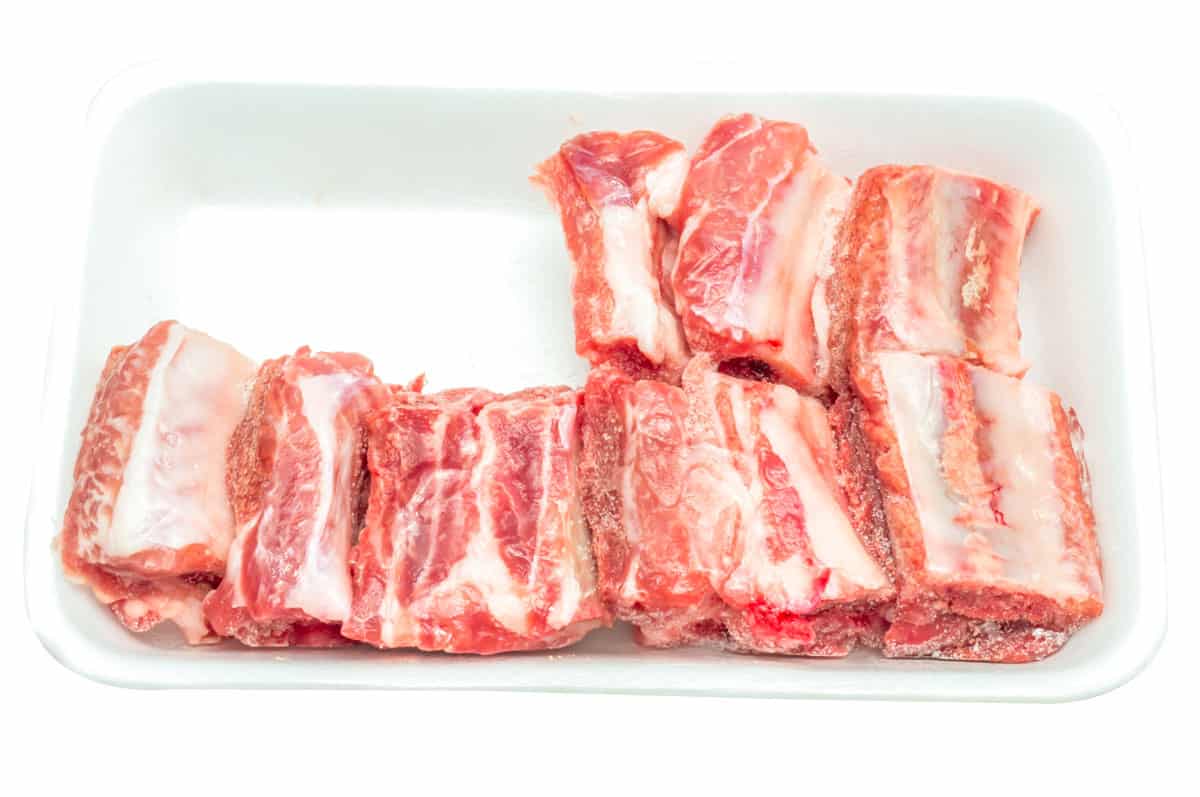
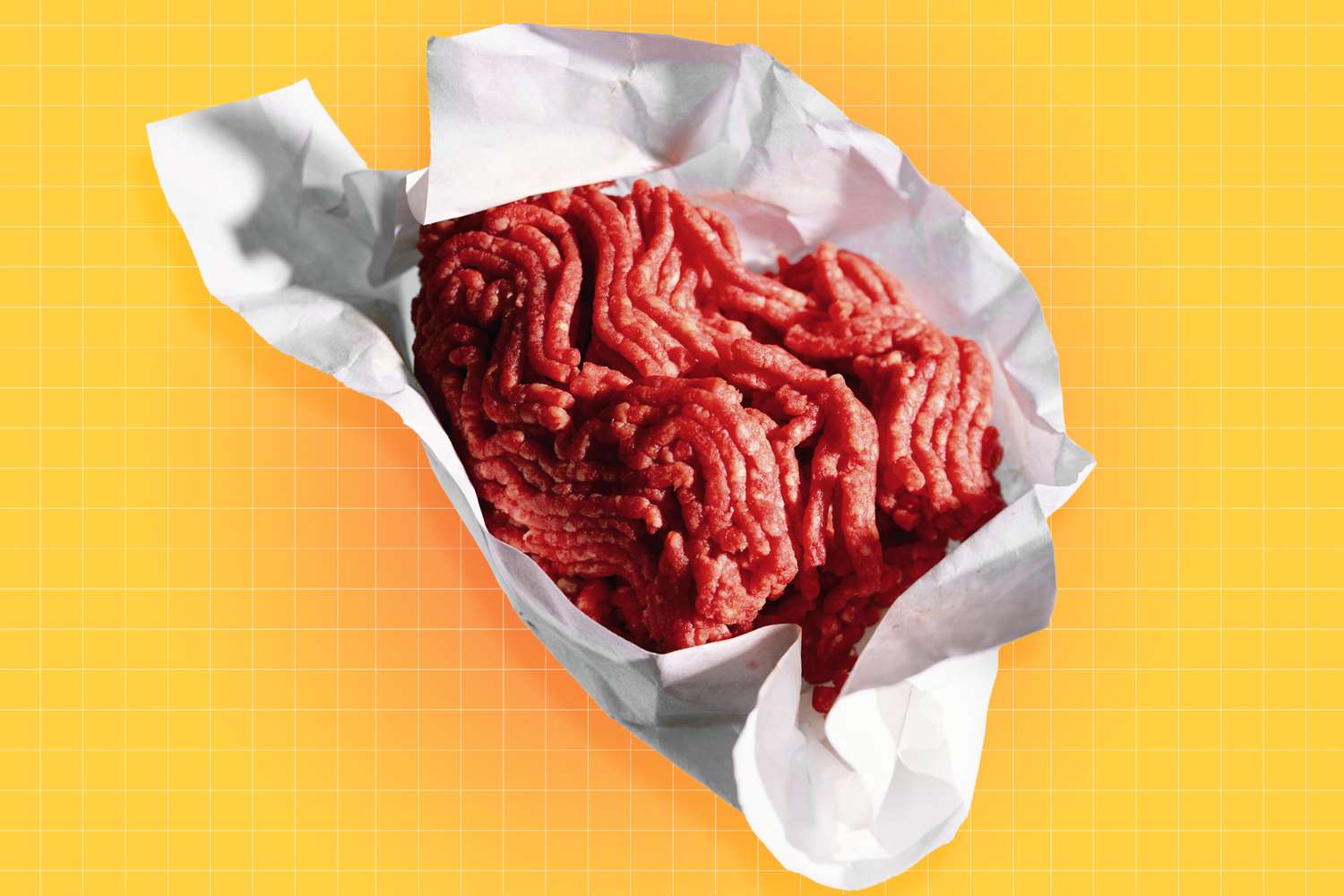
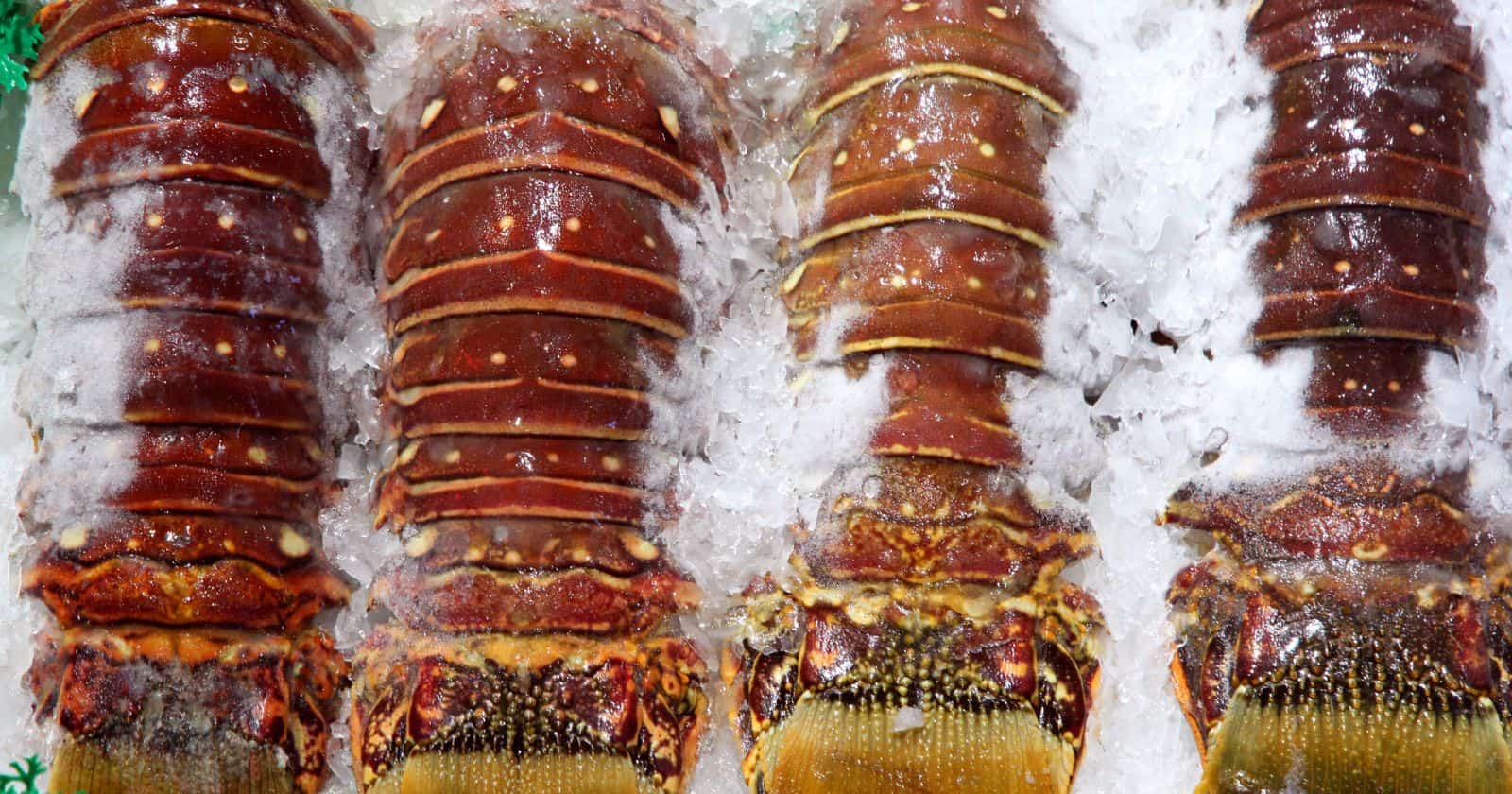
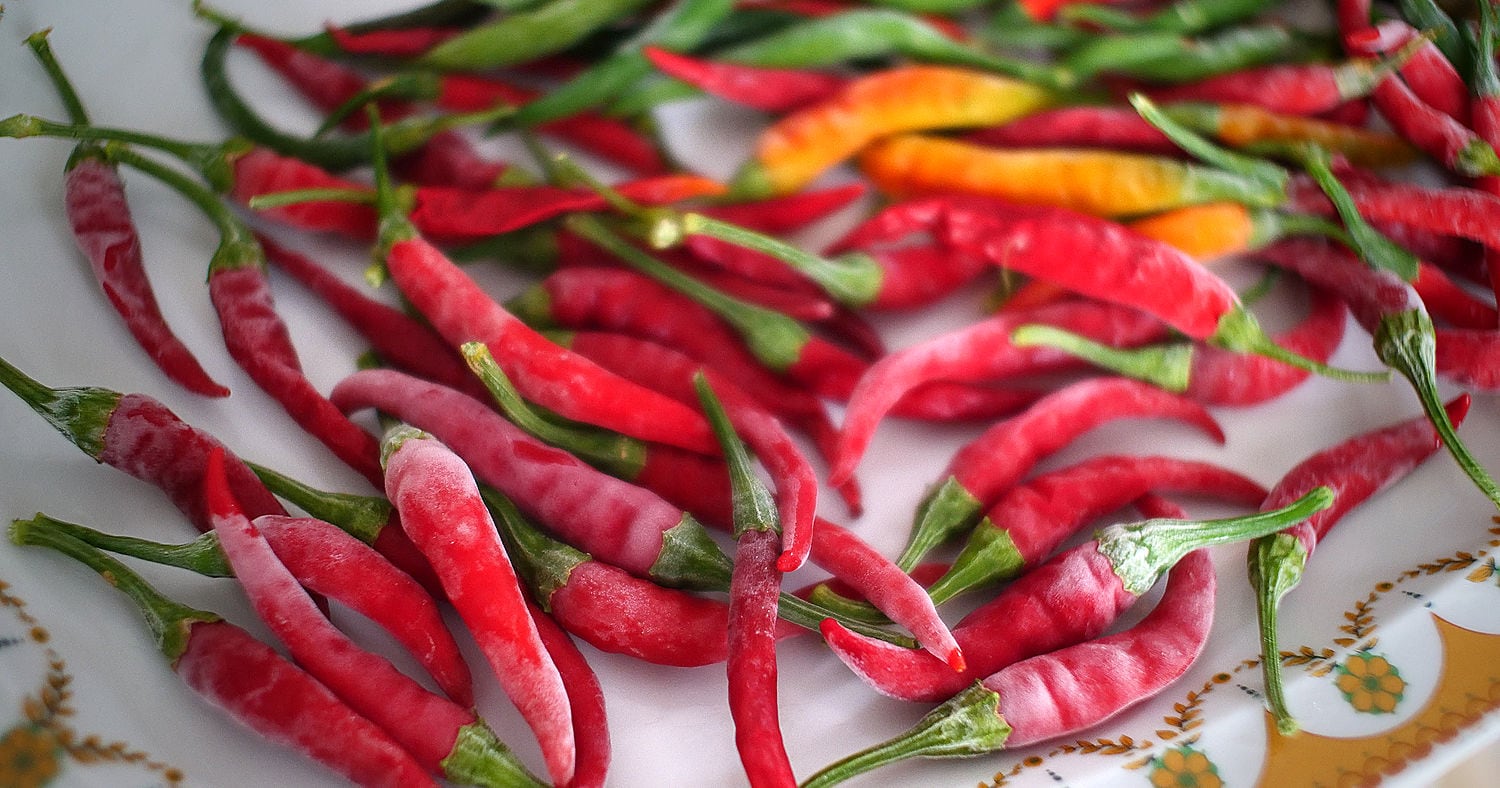
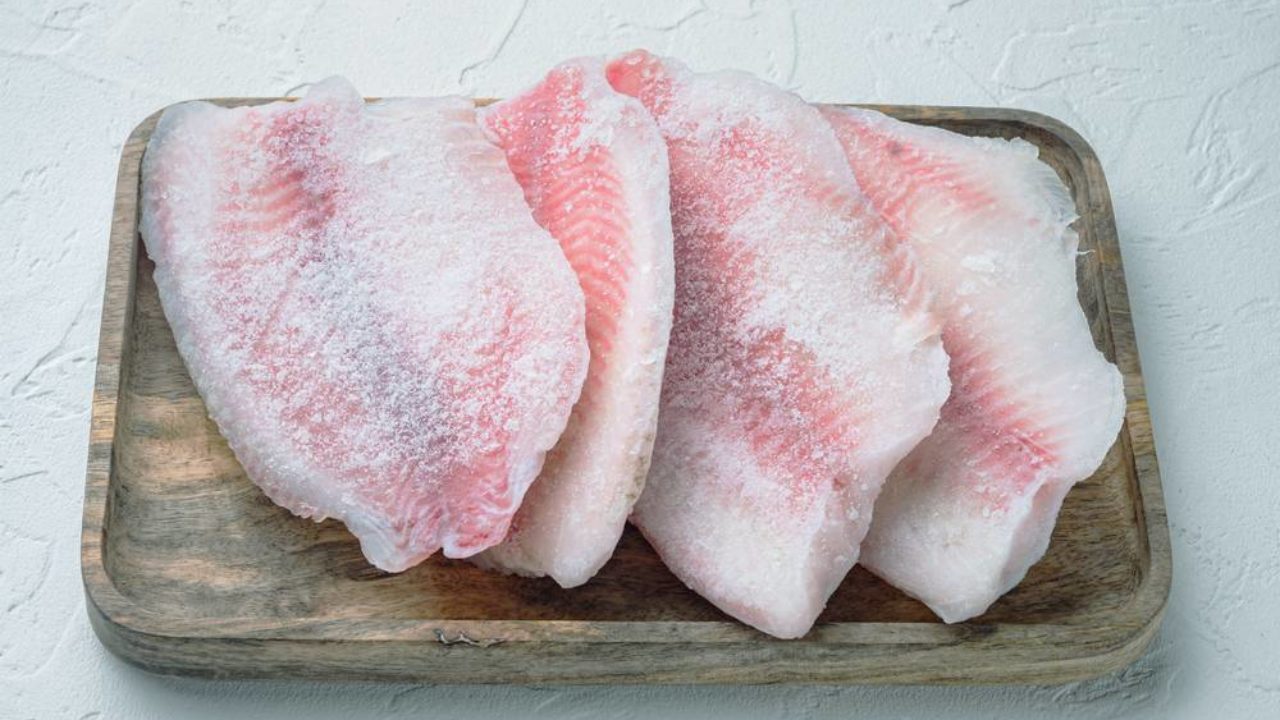
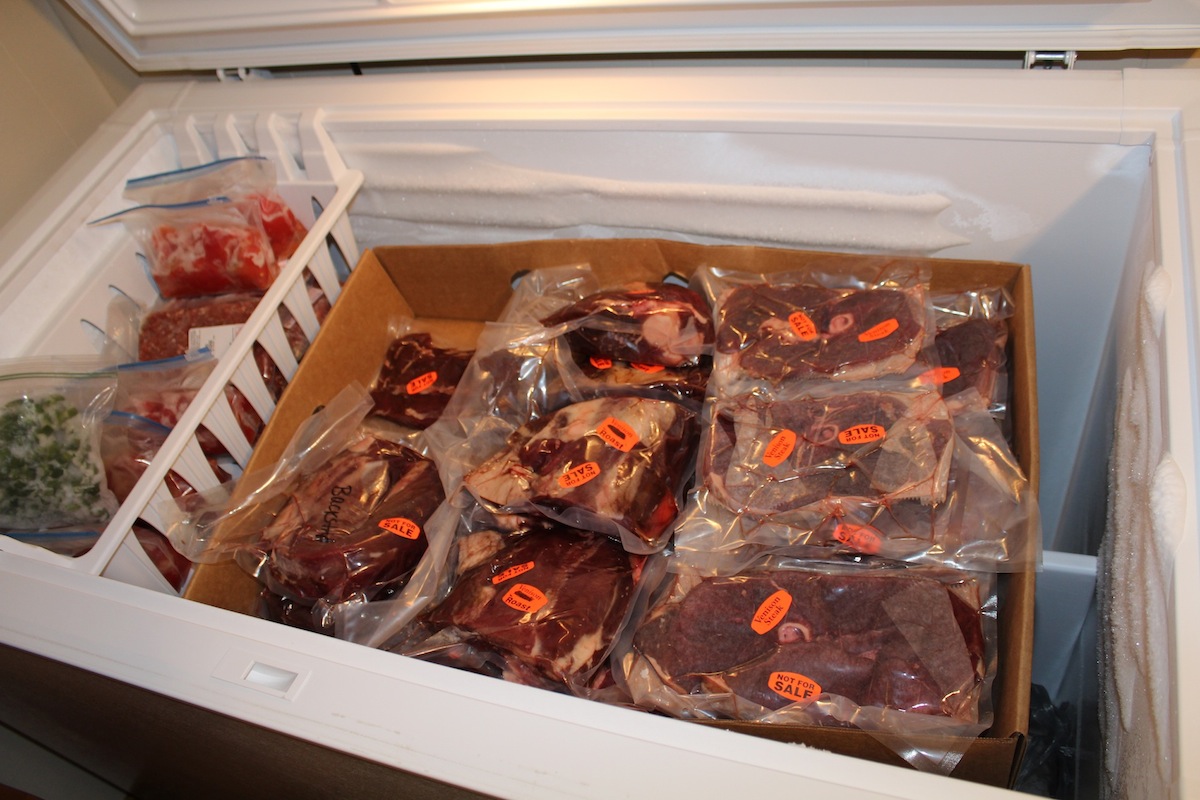

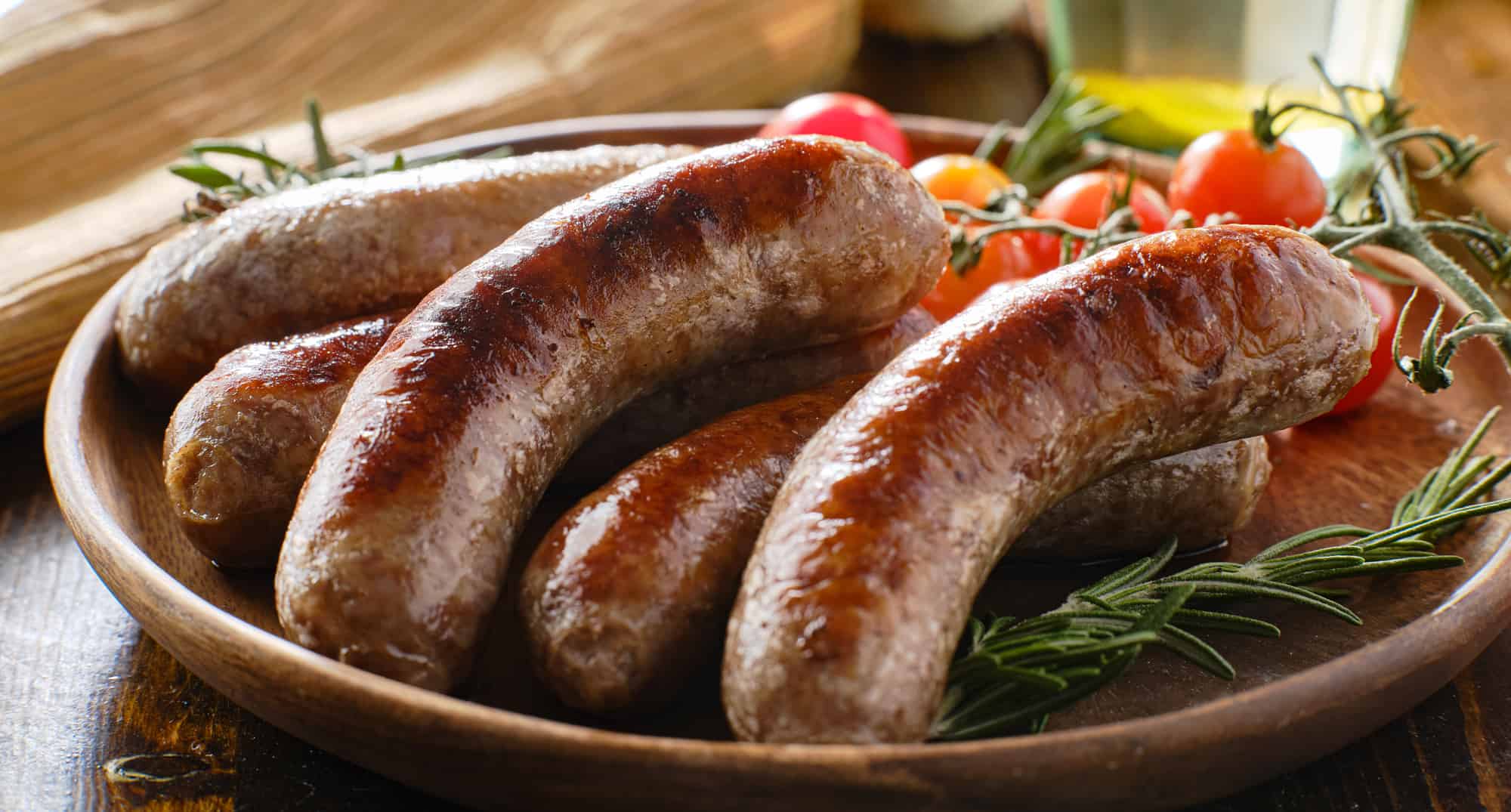
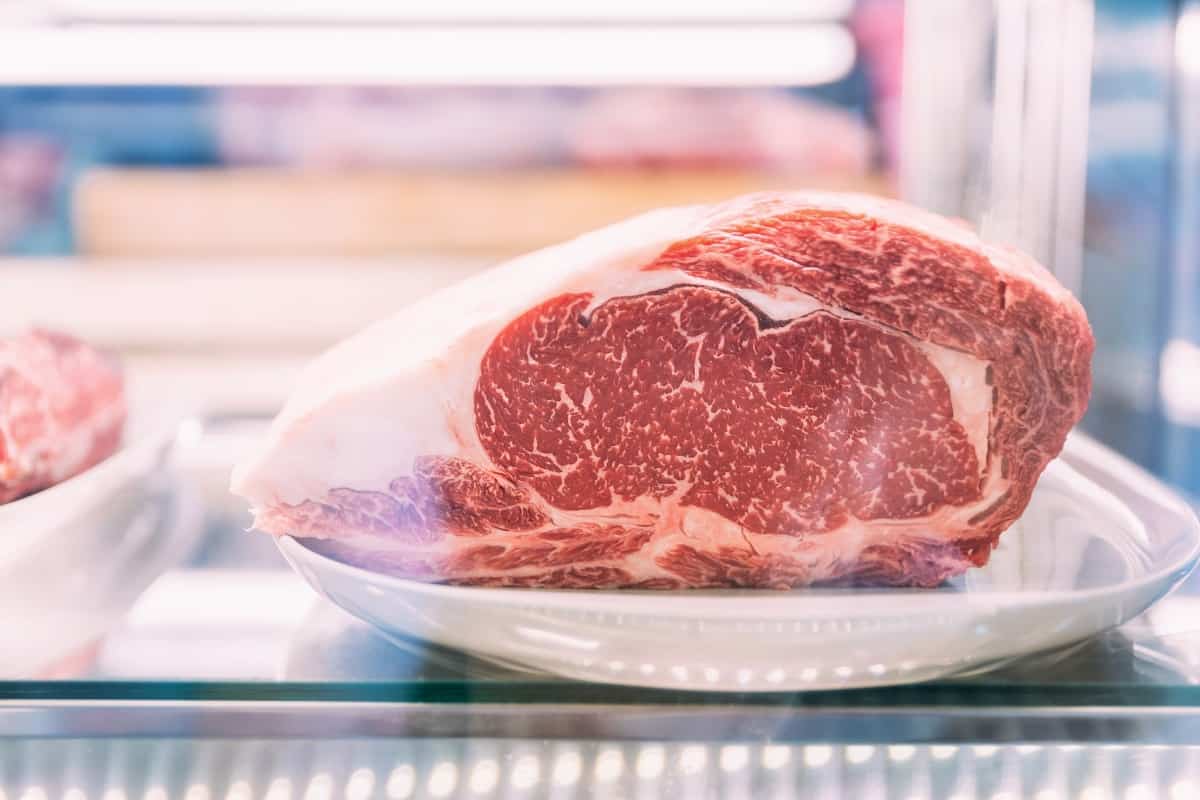
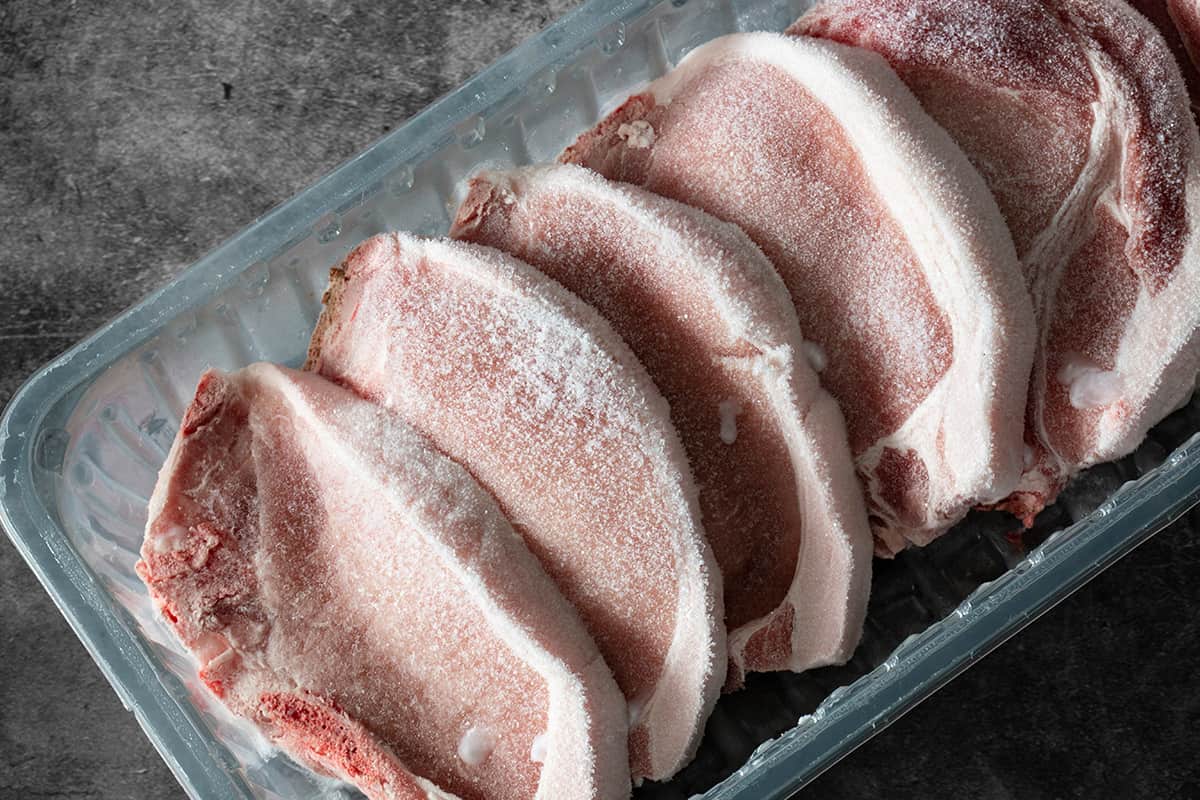
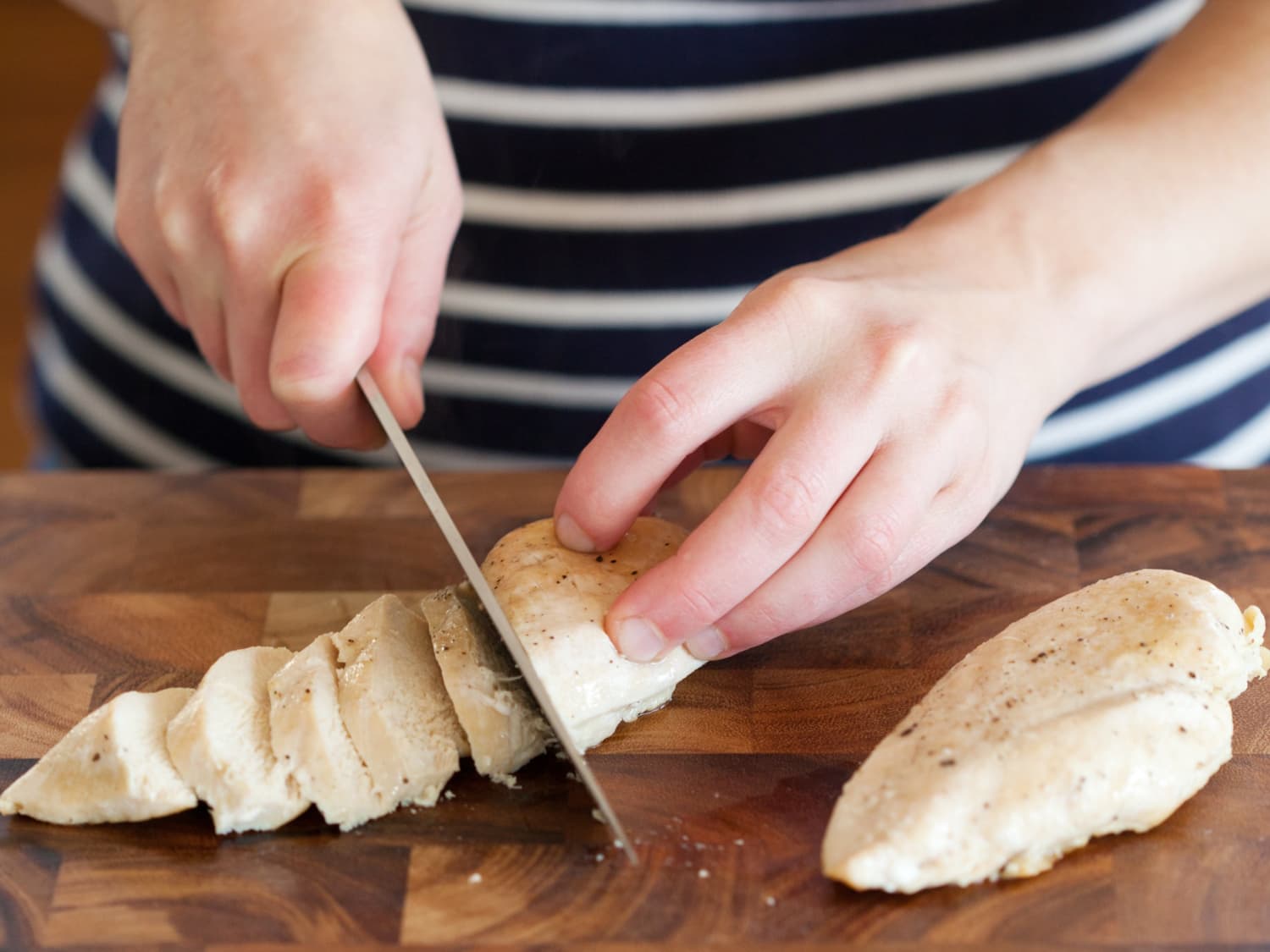
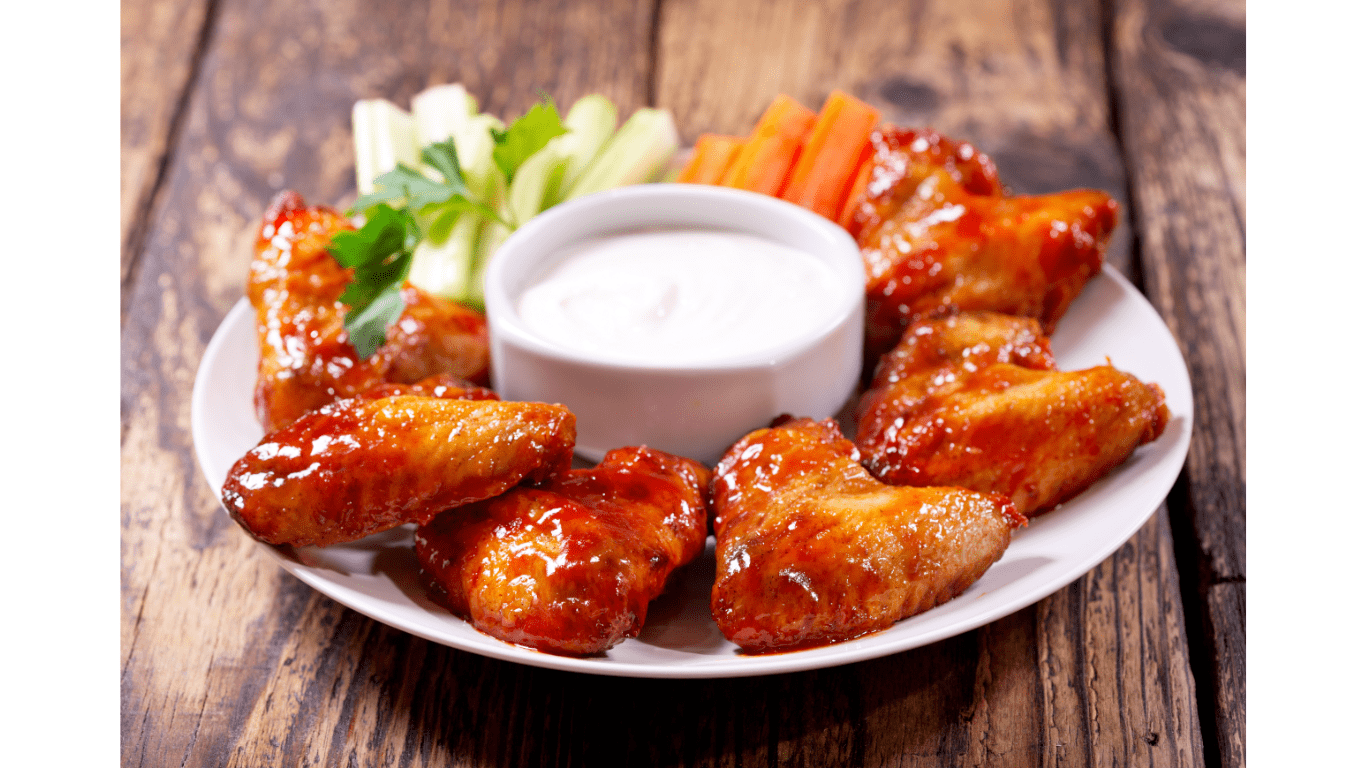
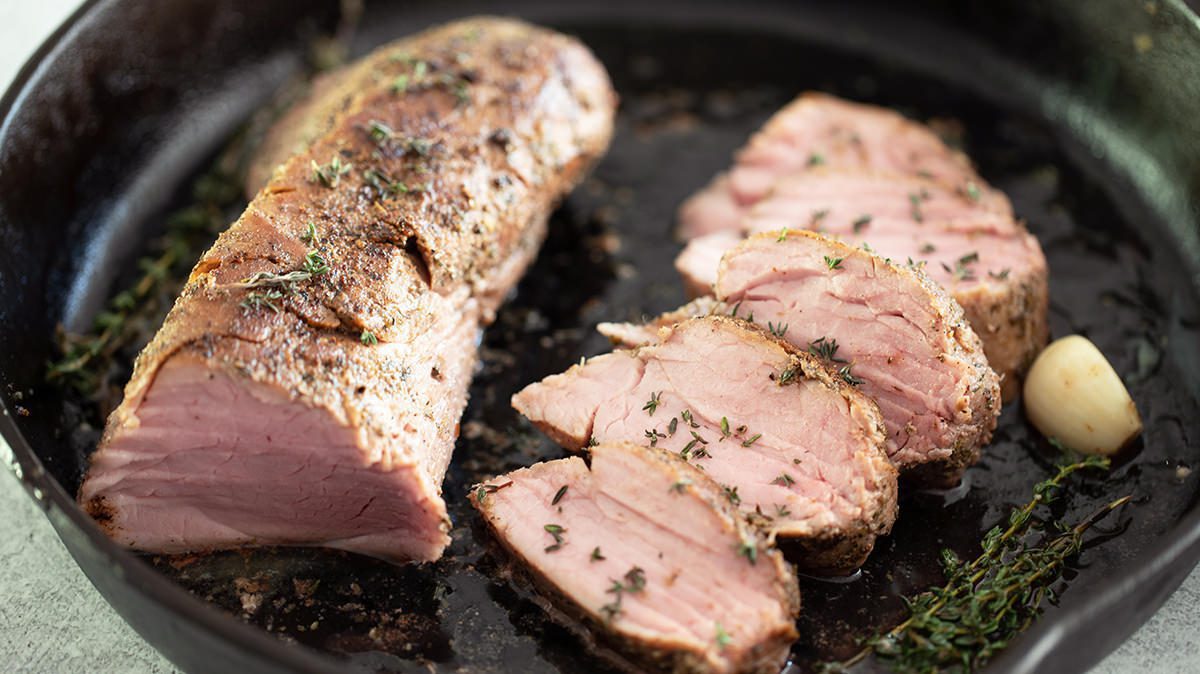
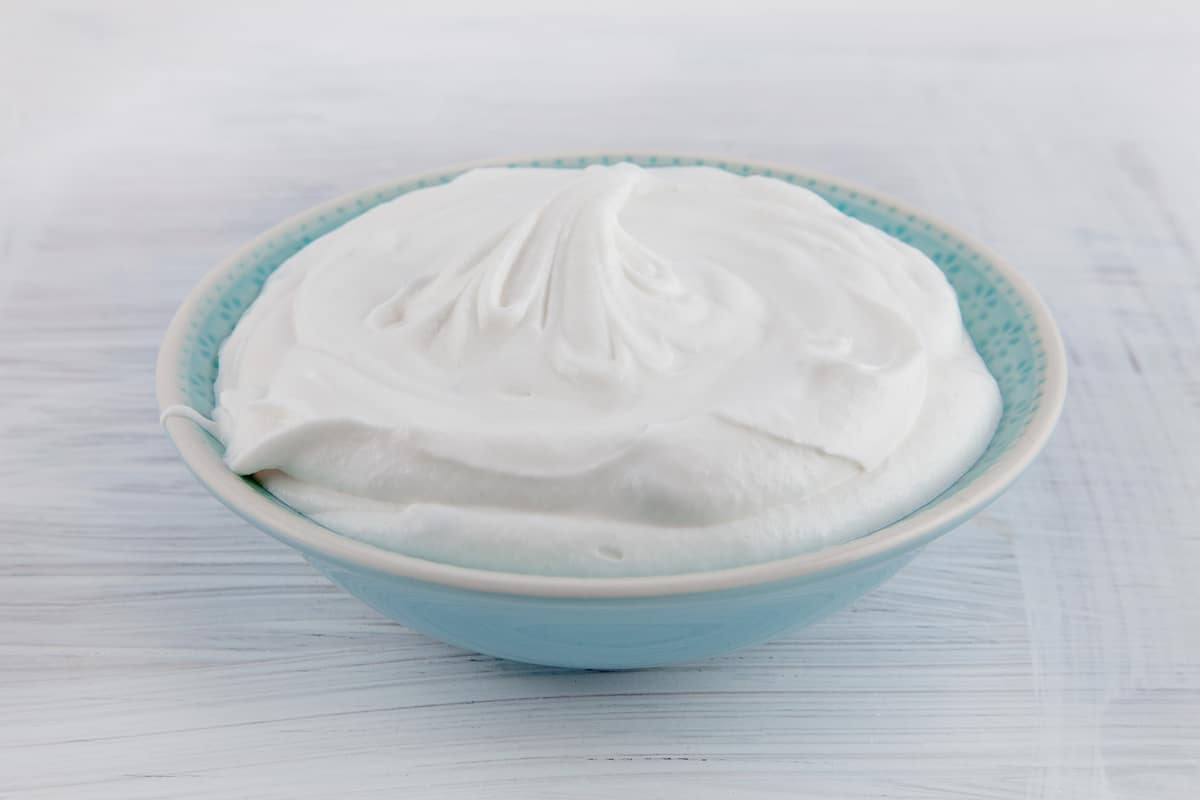

0 thoughts on “How Long Is Cooked Meat Good For In The Freezer”